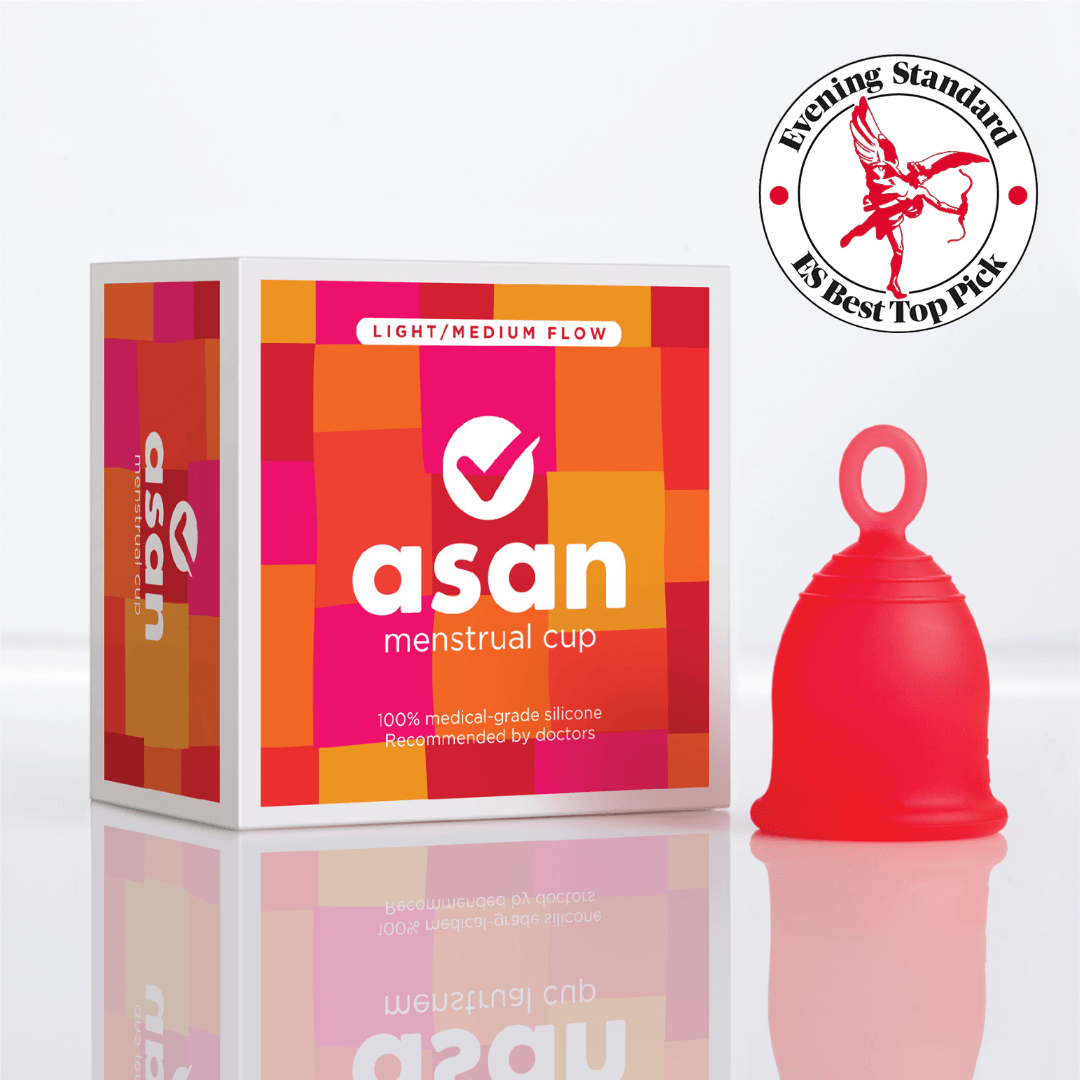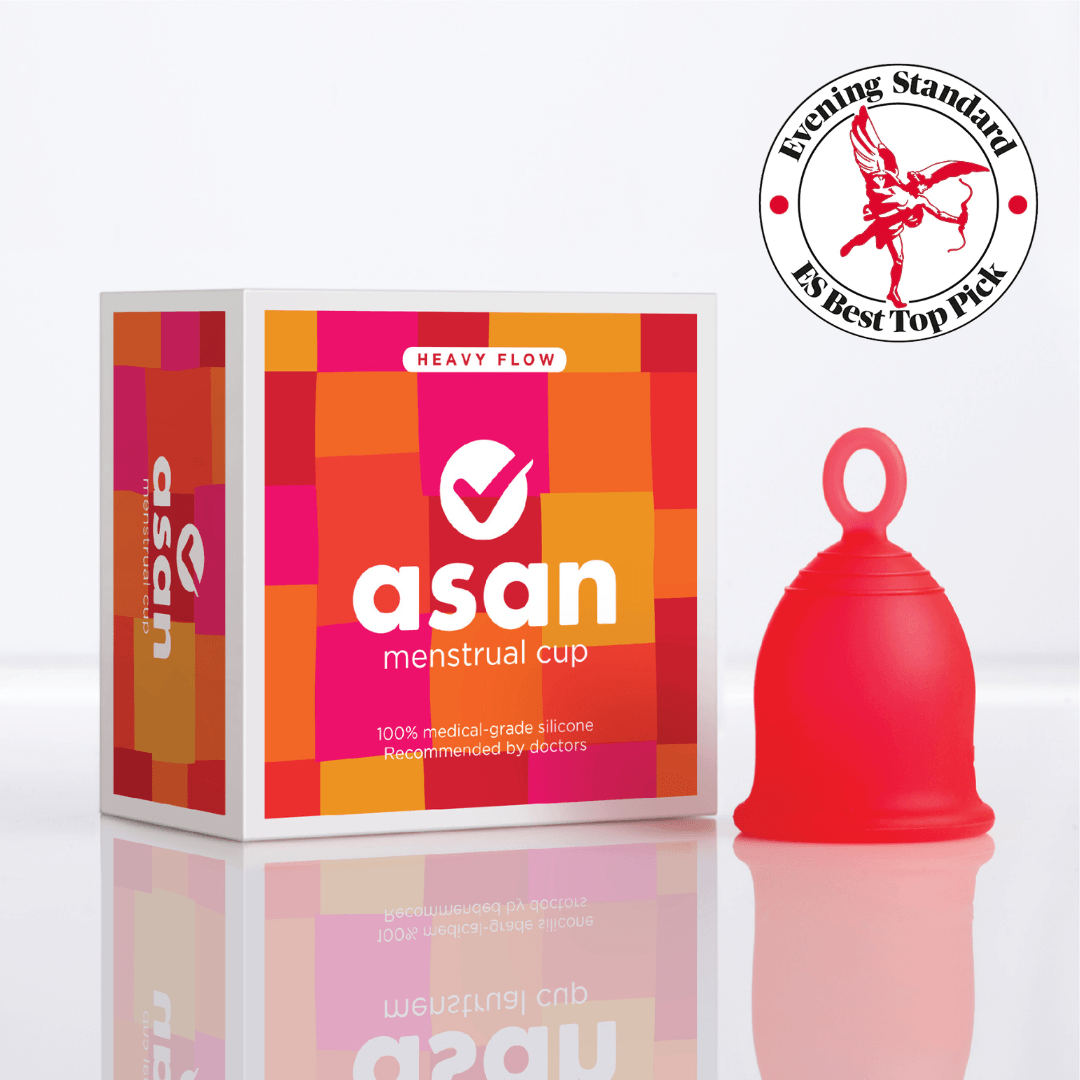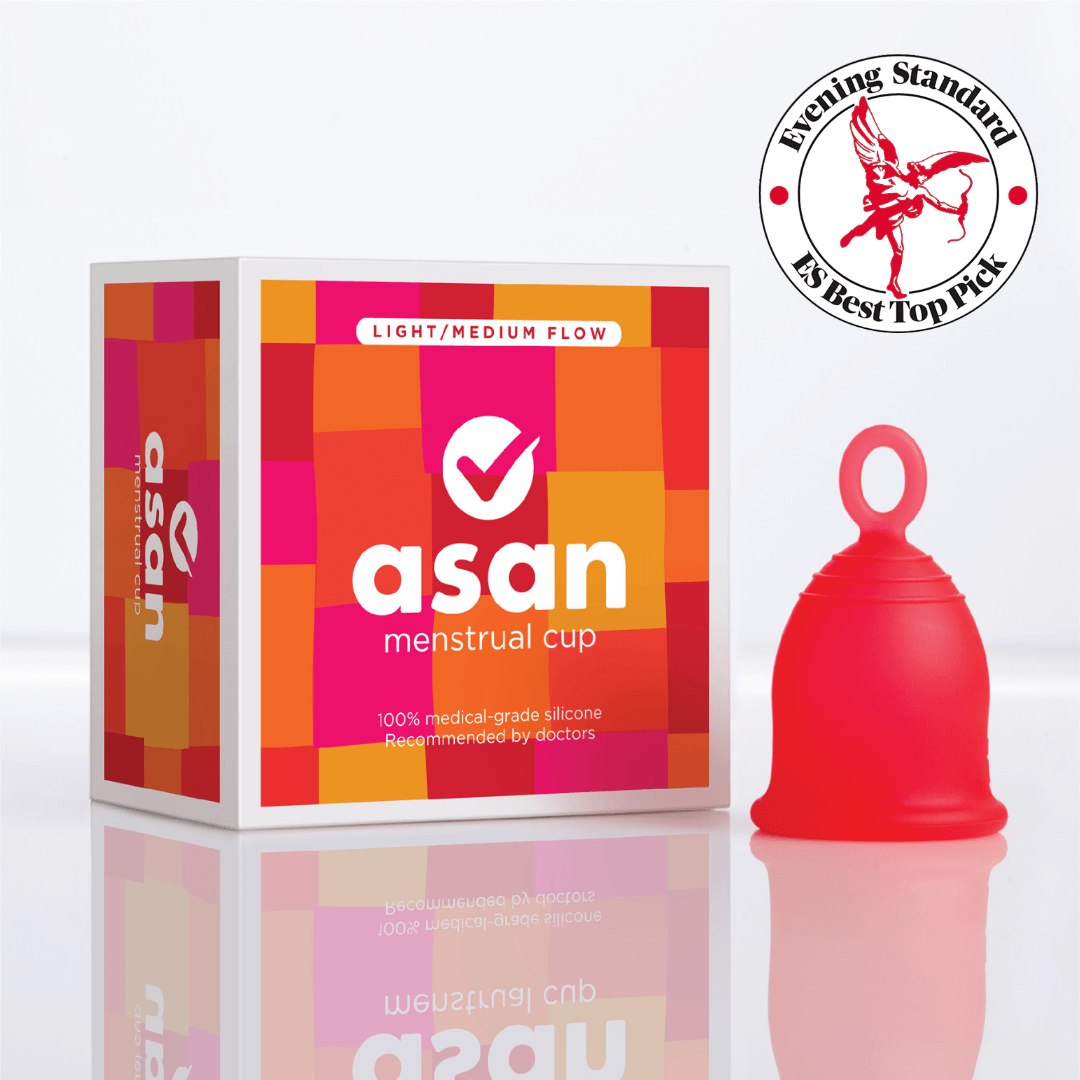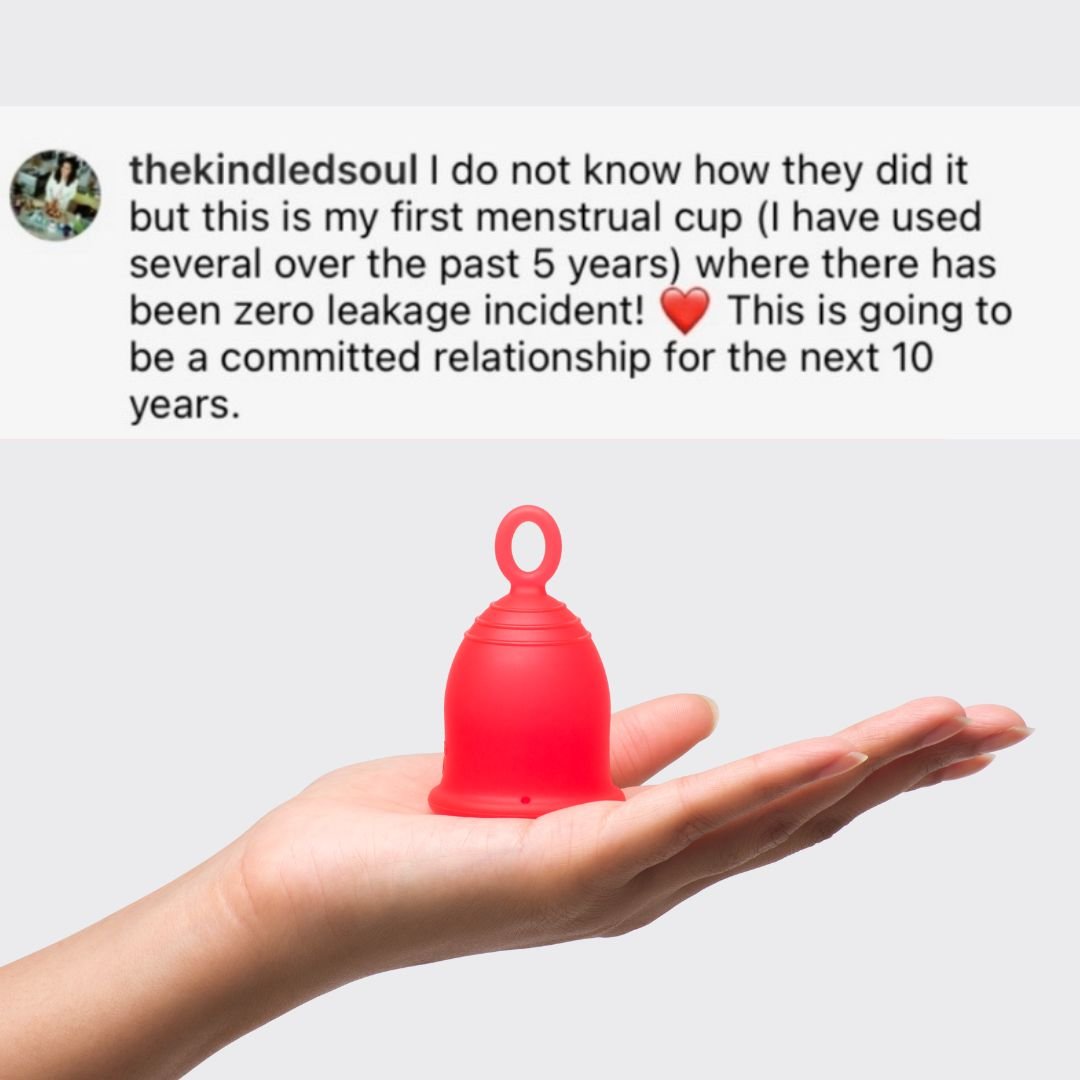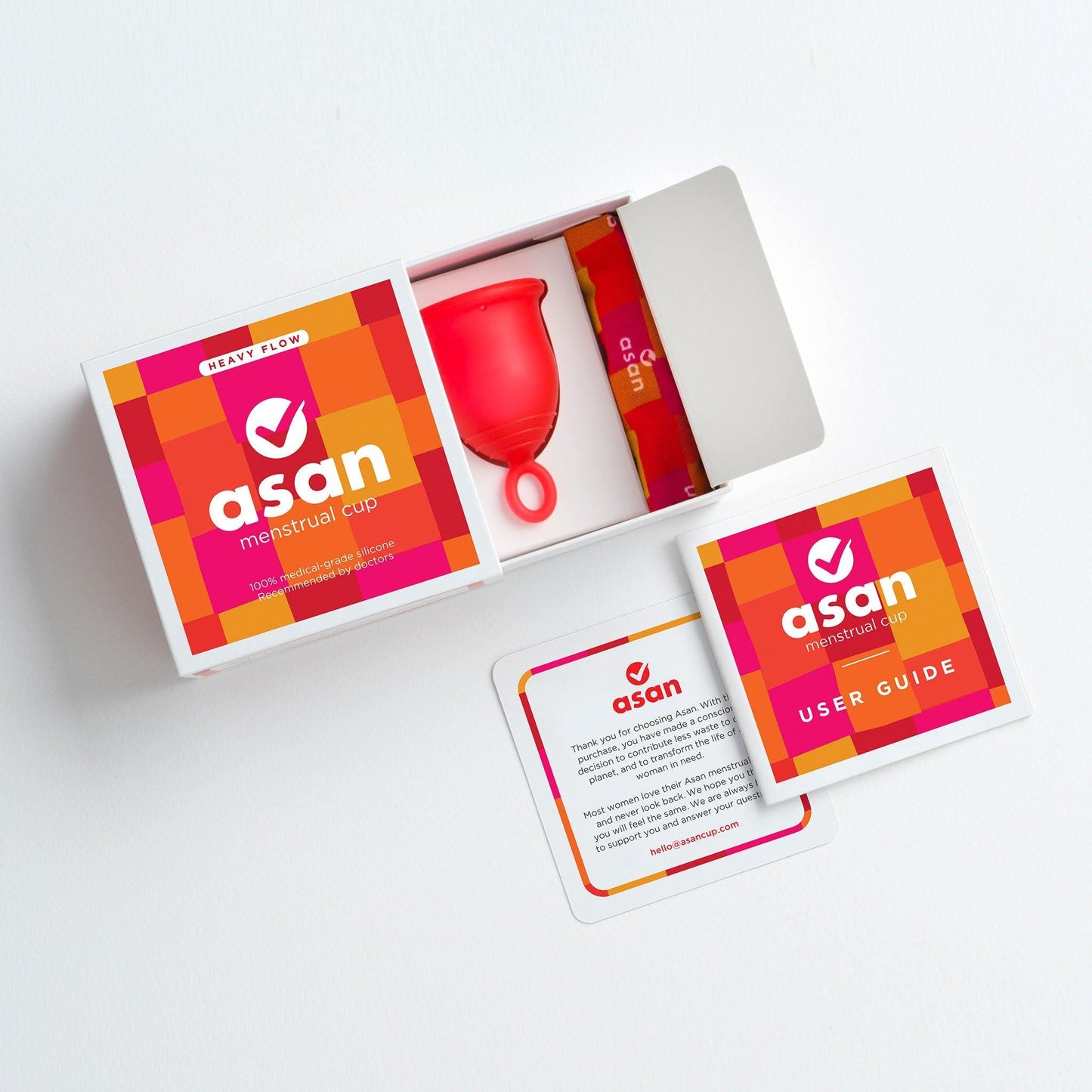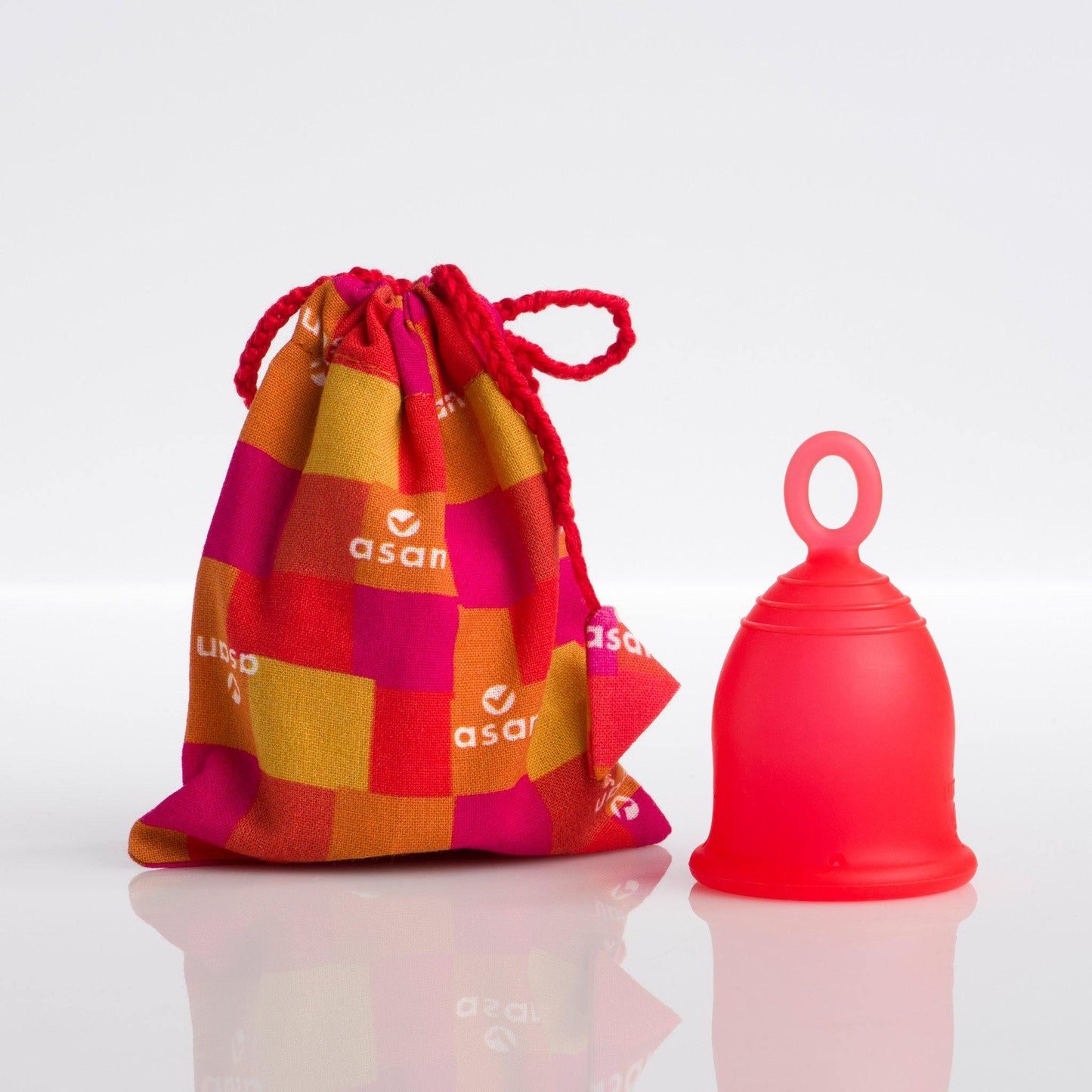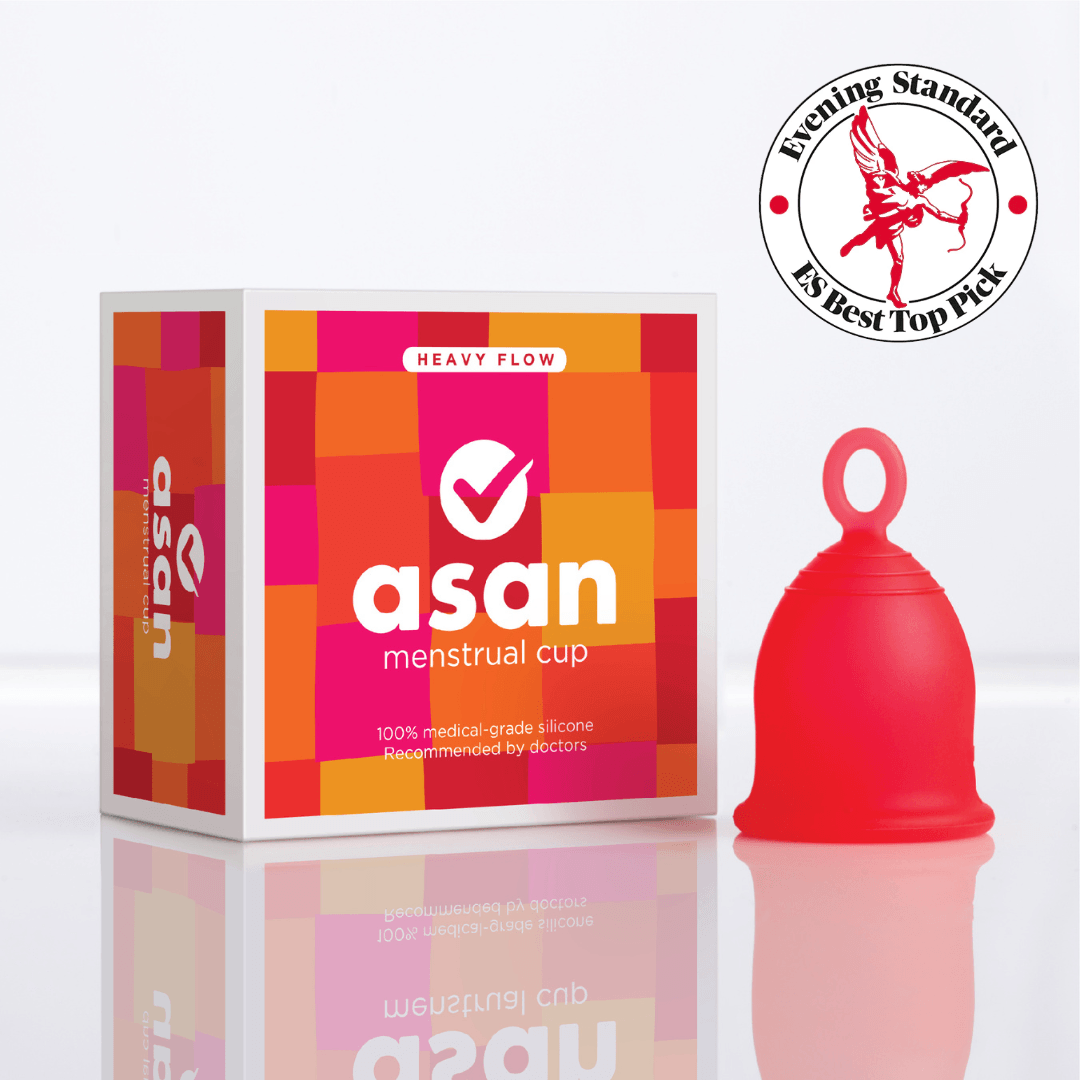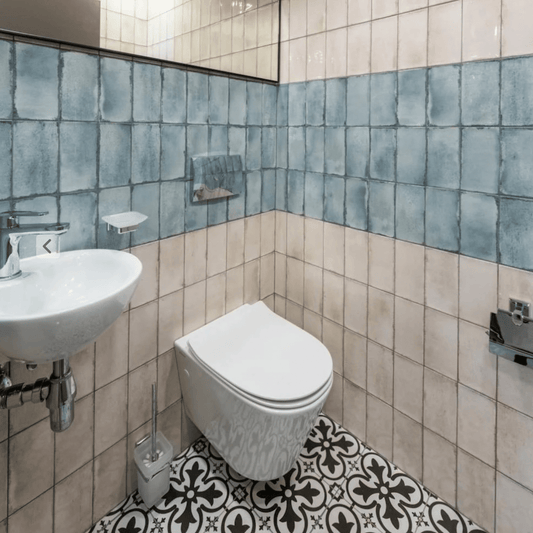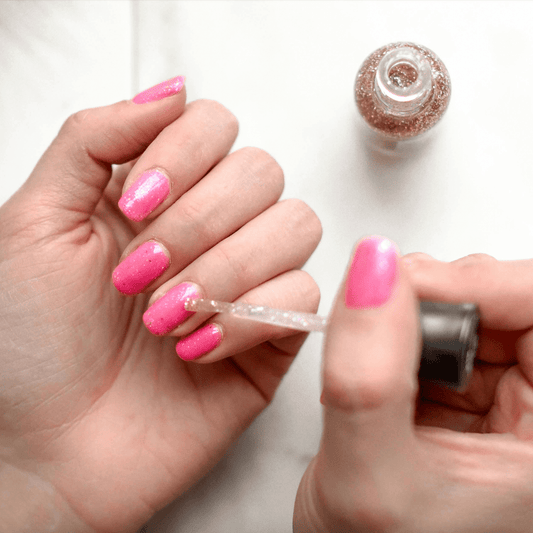 Do you experience monthly migraine episodes? Have you wondered whether they are period-triggered migraines? You may be absolutely right.
Do you experience monthly migraine episodes? Have you wondered whether they are period-triggered migraines? You may be absolutely right.
According to the National Migraine Centre in the UK, more than half of the women who suffer from monthly headache patterns have observed a link with their periods. These period-induced migraines tend to be severe and occur more than once during a woman’s menstrual cycle.
Understanding the potential connections between the menstrual cycle and migraines can help you figure out how to effectively deal with them and improve your overall quality of life. `
what is a migraine?
A migraine is a more severe headache that causes a throbbing sensation on one side of your head. It can last for anything from a couple of hours to several days and usually gets worse with physical activity, bright lights, loud noises, and strong smells.
Moreover, migraines are disruptive and accompanied by common symptoms such as nausea, fatigue, and dizziness, which make it very hard to go about your daily routine.
On average, most people who suffer from migraines, experience at least two to four per month. They’re quite unpredictable but sometimes, they’re triggered by other events such as your periods.
 Severe headaches during menstruation are often characterised as menstrual migraines.
Severe headaches during menstruation are often characterised as menstrual migraines.
why do menstrual migraines occur?
Migraines during menstruation are usually linked to hormonal fluctuations. These hormone-related headaches especially occur due to changes in the levels of oestrogen.
Oestrogen and progesterone play key roles in your menstrual cycle and also affect headache-related chemicals in your brain, hence leading to hormonal headaches.
The oestrogen and migraine connection is that menstrual migraines are triggered by a drop in oestrogen levels, which typically happens right at the onset of your period.
Menstrual-related migraine attacks can occur one or two days before your period or in the first three days of your period.
how should I manage menstrual migraines?
As discussed, menstruation and migraines are correlated and get better or worse depending on hormonal influences on migraines.
However, there are ways of managing these menstrual-related headaches that can help you live a better quality of life.
Keep a migraine diary
In order to treat your migraines and understand your menstrual headache triggers, it is important to keep a detailed record.
 Some key points to include in your migraine diary are:
Some key points to include in your migraine diary are:
- When your migraine occurred in relation to your period (before, during or after)
- The type and intensity of your symptoms
- How your symptoms progressed over time
- Possible external triggers
- Medications or treatments used, and their effectiveness
Manage your diet
Missing meals or going without food for too long can be a trigger for your migraines. In order to avoid this, you should eat small, frequent meals to keep your blood sugar levels up.
 Ideally, you should keep a small snack on you at all times so you’re never going too long without food.
Ideally, you should keep a small snack on you at all times so you’re never going too long without food.
Additionally, certain vitamins have been known to help by regulating hormone fluctuations and migraines. For example, Vitamin B2 and magnesium.
Read here to learn more about how to get these nutrients naturally and how nutrition affects your period.
Exercise
Regular exercise helps relieve migraine symptoms, especially those triggered by hormones.
Some studies say that aerobic exercise may decrease duration of migraine attacks, and other studies suggest that it may have an overall preventive effect. However, this may not always be true for everyone.
For some people, exercising makes symptoms worse and hence it’s important to track your migraines and treatment methods and develop a system that works best for you.
Managing Stress
Stress is a common trigger for migraines, including menstrual cycle headaches.
Sometimes a swift reduction in stress can also trigger migraines. Known as the “let-down” effect, going from extreme stress one day to a huge reduction in stress the next day can cause migraine attacks.
Managing your stress through simple relaxation techniques such as meditation, yoga, good sleeping habits, and deep breathing exercises may cause a huge improvement in your symptoms.
 Lastly, if you’re unable to manage your symptoms through these techniques, and feel that you need medication, we recommend consulting your doctor.
Lastly, if you’re unable to manage your symptoms through these techniques, and feel that you need medication, we recommend consulting your doctor.
Everyone's body is different and identifying your unique triggers and figuring out what treatment works best for you is the only way of managing and reducing your migraine symptoms.
frequently asked questions
Are menstruation and migraines correlated?
Yes, the migraines that occur before, during or right after your periods are called menstrual migraines or sometimes, monthly headache syndrome.
What causes menstrual related headaches?
There is a direct relationship between hormones and migraine attacks. Menstrual migraines especially, are caused by a drop in oestrogen levels.
What are some menstrual cycle headache triggers?
While the main trigger for menstrual migraines is a natural drop in oestrogen, triggers like stress, caffeine, missing meals, or certain medications can make them worse.

